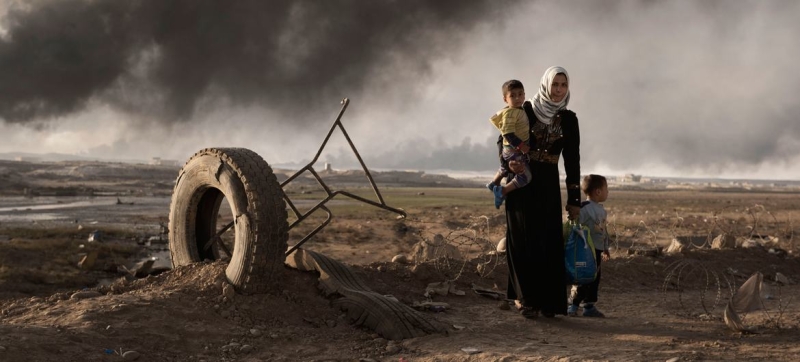
Terrorism continues to bring death, injury, destruction and grief around the world. The world marks the International Day of Remembrance and Respect for the Victims of Terrorism Peace and Security
The fight against terrorism has become more difficult over the past 20 years, the UN emphasizes. Extremists and terrorists quickly adapt to new realities, exploiting cyberspace and new technologies, as well as gaps in national legislation.
Today, August 21, the world celebrates the International Day of Remembrance and Respect for Victims of Terrorism. The memorial date was established by a resolution of the UN General Assembly in 2017. The main purpose of the Day is to pay tribute to the victims of terrorism.
“Acts of terrorism cause a wave of unimaginable grief,” says the UN Secretary-General’s message marking today’s date. – Families and communities torn apart by terrorist attacks are forever changed. Scars – both visible and not – never fully heal.” about resilience and forgiveness, as understanding personal trauma to educate others, he says, is an act of great courage.
“This day calls us to listen and to learn,” said António Guterres. “It is a reminder that we must always look for the light of hope. Together, we can build more peaceful and resilient societies for all.”
“It seems like there is no future”
Terrorism continues to bring death, injury, destruction and grief across the world. This was recalled on Tuesday by the UN Special Rapporteur on the protection of human rights and fundamental freedoms while countering terrorism, Ben Saul.
“Victims of terror often say that after the incident, ‘life gets worse,’ that they think about it every day, that the trauma never heals and ‘it seems like there is no future,’” the Special Rapporteur said in a statement. – Victims often suffer physical pain, disability and psychological trauma throughout their lives.”
Ben Saul called on countries to take into account the specific needs of vulnerable victims of terror, including children, women and girls, victims of sexual or gender-based violence, persons with disabilities, older persons, minorities, indigenous peoples, victims of armed conflict and displaced persons.
“I stand ready to provide my recommendations and advice to any country that wishes to strengthen the protection of victims of terrorism, improve compliance with international law in combating this phenomenon or address the conditions conducive to terrorism,” the Special Rapporteur concluded.
